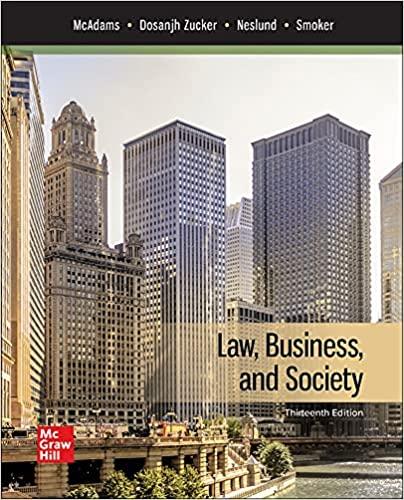Even after agency rules become final, they can be challenged in court. On August 24, 2018, the
Question:
Even after agency rules become final, they can be challenged in court. On August 24, 2018, the EPA published a notice of proposed rulemaking that would, among other things, revoke the waiver previously granted to California to set its own vehicle emissions standards under the Clean Air Act (CAA) in light of the State’s “need to address [its] extraordinary and compelling air pollution issues”51 and so long as its vehicle emissions standards were at least as protective as those set by the EPA. On September 27, 2019, the EPA announced its final rule to withdraw the waiver, which provided that any petitions for judicial review had to be filed by November 26, 2019. California, joined by 22 states, the District of Columbia, and the cities of Los Angeles and New York, filed its lawsuit on November 15. The matter is pending as of this writing. Over the past 50 years, the EPA has granted more than 100 waivers for California standards, which are also used by thirteen other states, as the CAA allows. California supports its power to implement higher standards not just based on the CAA, but also under its state constitutional power to protect the public health, safety, and general welfare of its citizens.
Question
If the legal conflict is between California’s reserved powers to protect the public health, safety, and general welfare of its population and the federal government’s power to regulate interstate commerce (for example, so that car manufacturers have one uniform standard applicable across all states), which government has the more compelling argument? Explain.
Step by Step Answer:

Law Business And Society
ISBN: 9781260247794
13th Edition
Authors: Tony McAdams, Kiren Dosanjh Zucker, Kristofer Neslund, Kari Smoker





